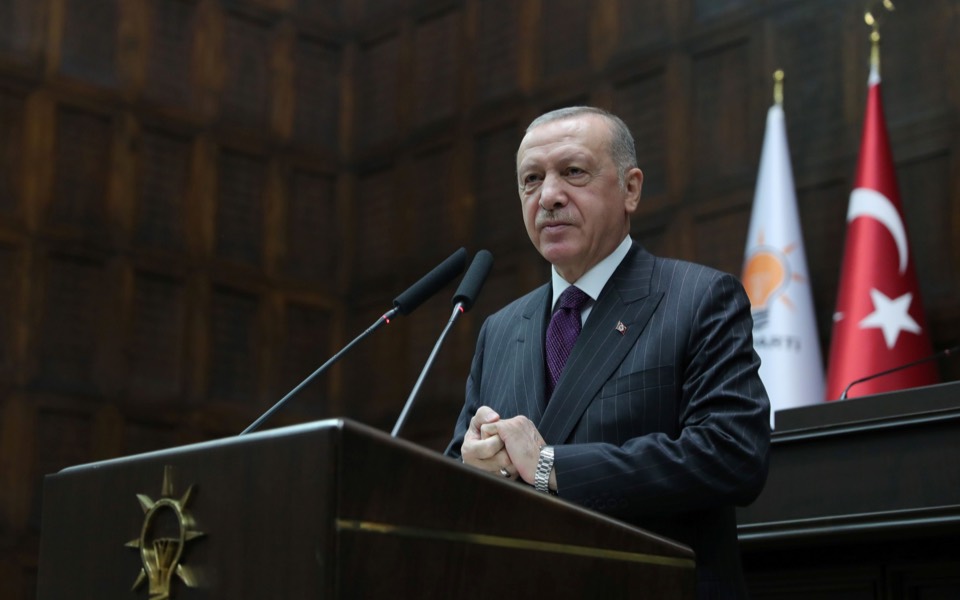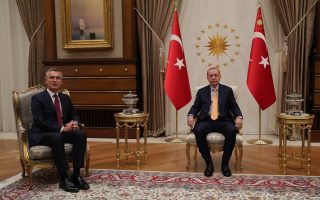Greece must lay down its red lines

Turkey’s foreign policy dogma has in recent years sought to combine activity “in the (military) field and at the (negotiations) table.” The idea is that any accomplishments in the area of hard power will be transfigured into bargaining power in any talks that will follow.
This is what Turkey tried to achieve in Syria and in Libya, more or less successfully. And it is now trying to repeat it in the Eastern Mediterranean with Greece and Cyprus.
However, despite its involvement in every hotbed of instability in the broader area, Turkey has achieved very few tangible political gains. At the same time, its economy is slipping toward recession while the Turkish lira is in free fall.
Furthermore, Turkey is faced with the specter of the US elections and the expected victory of incumbent Mustafa Akinci in elections in the occupied north of Cyprus. In other words, the near future does not bode well for Turkey’s strategy and for this reason President Recep Tayyip Erdogan urgently needs to claim a “success” on the international stage.
As far as Greece is concerned, it has become clear that Turkey does not want a fresh round of exploratory talks. On the contrary, it wants to set its own terms, either through conflict or through pressure and coercion.
The latest Navtex, which almost coincides with the territorial waters of Kastellorizo, is the biggest provocation by now and it fits the above pattern. It effectively is a continuation of the successive and escalating navigational notices issued over the previous months which, as it seems, were temporarily suspended with the aim of avoiding sanctions at the European Union Summit in September.
Erdogan is right now challenging Greece as well as Europe saying: “If I go down, I will take you down with me.” Faced with this conundrum, Greece must respond with deft moves and a cool head.
Ideally, we would want to buy time. But if Turkish provocations are allowed to continue, the next Navtex will be west of the 28th meridian. We must seek the greatest possible international support and use “smart power,” which is a combination of diplomatic talks, public diplomacy and military might.
If the Oruc Reis continues its provocations, sanctions will have to be imposed on Ankara. And if Greece does not receive the EU’s support, it will have to be prepared for a military response. We have to draw our red lines in a clear and public manner.
Alexandros Diakopoulos is a former national security adviser.





